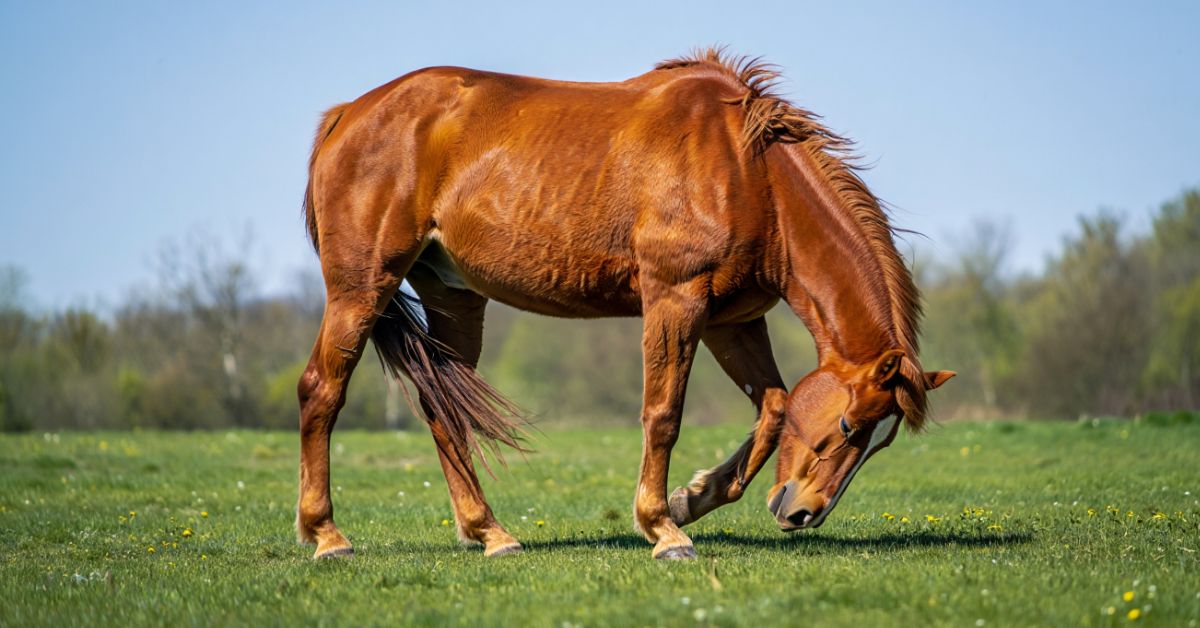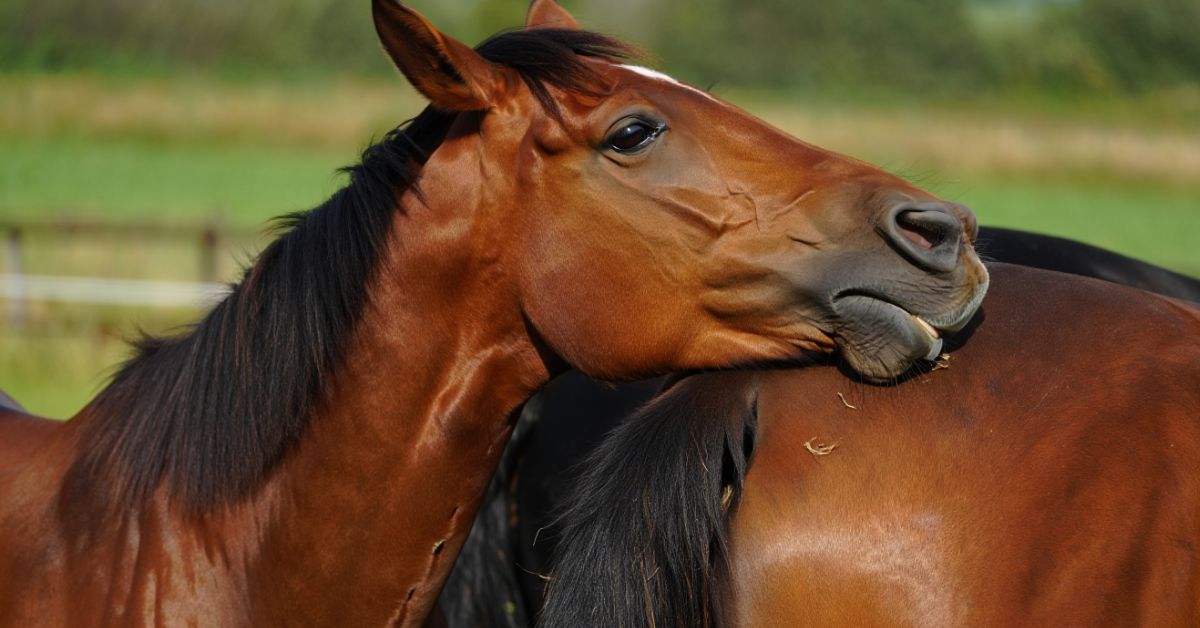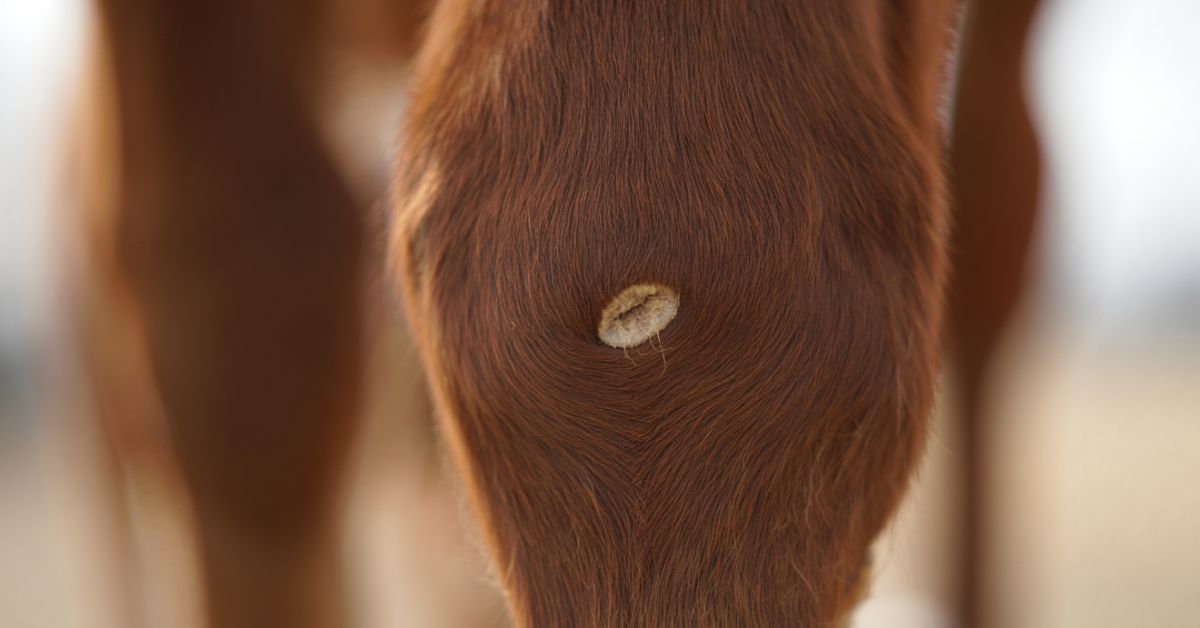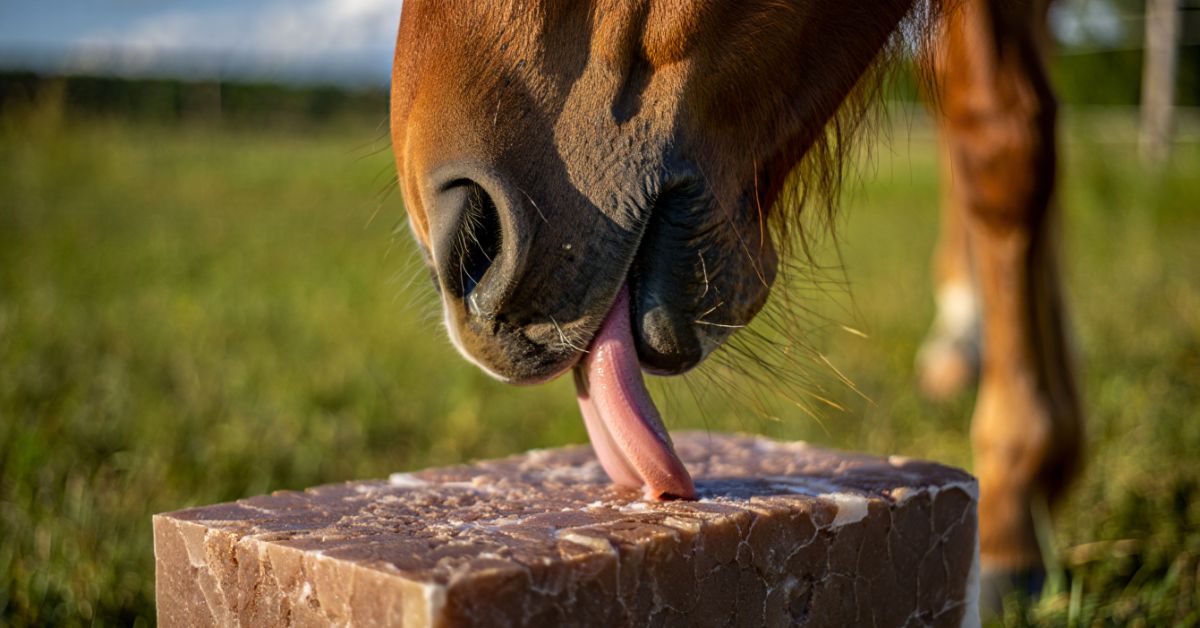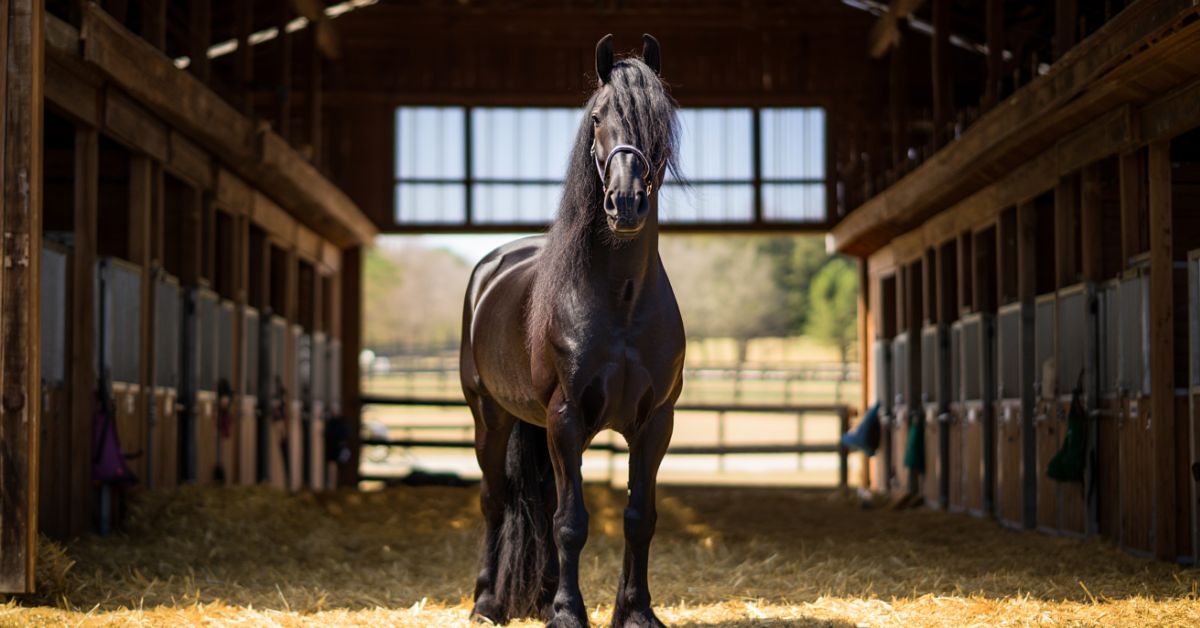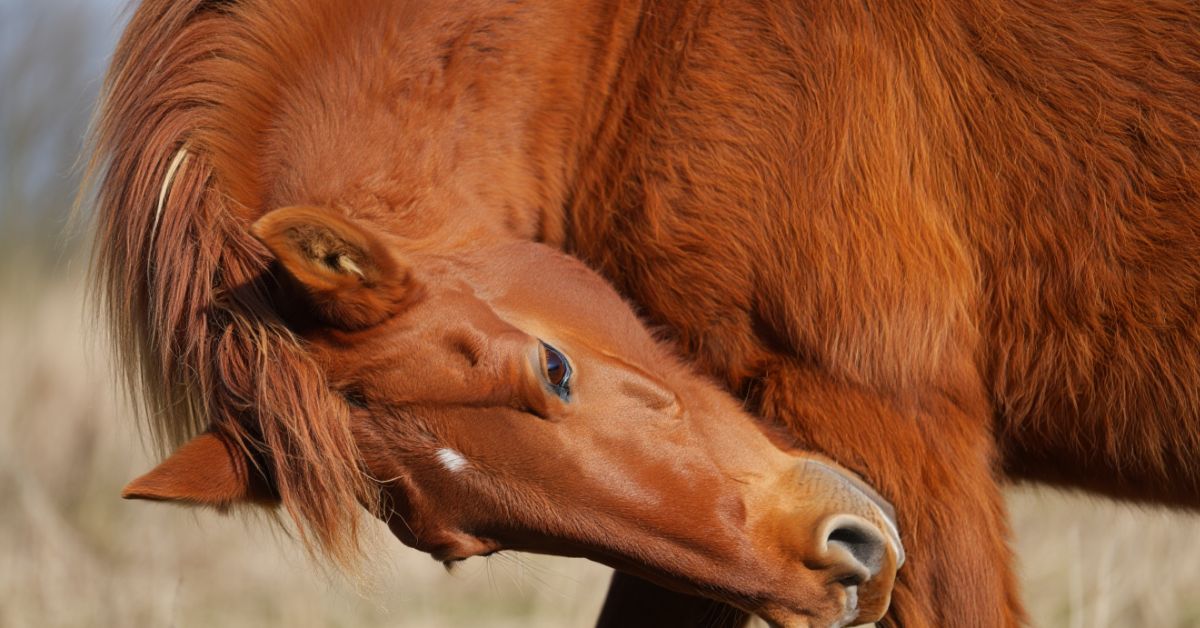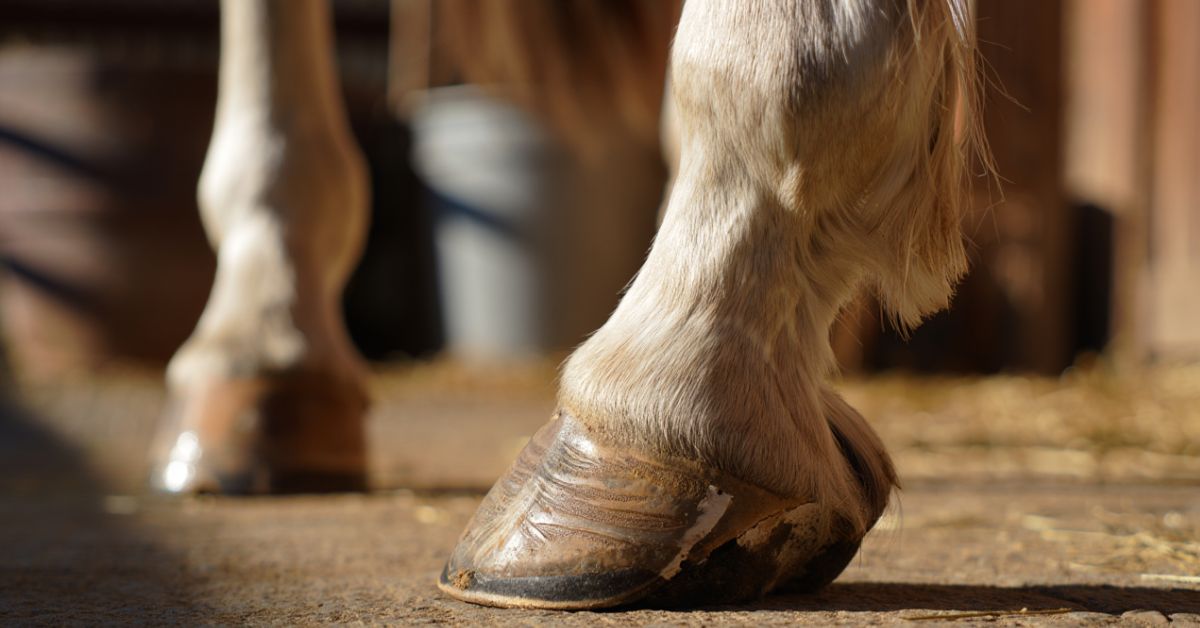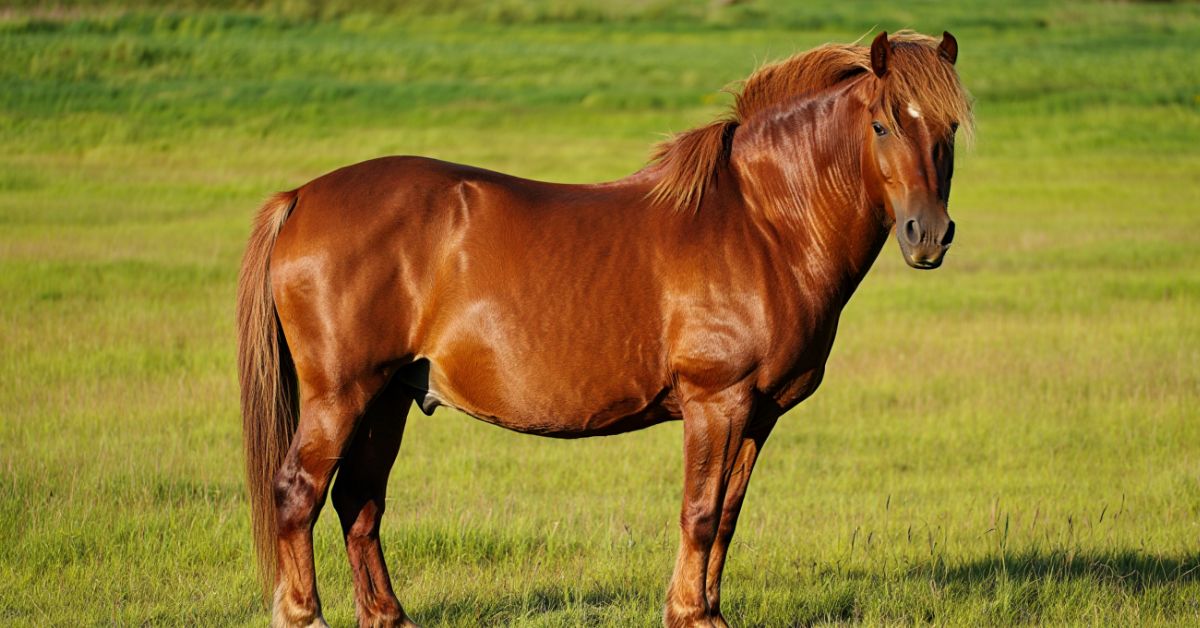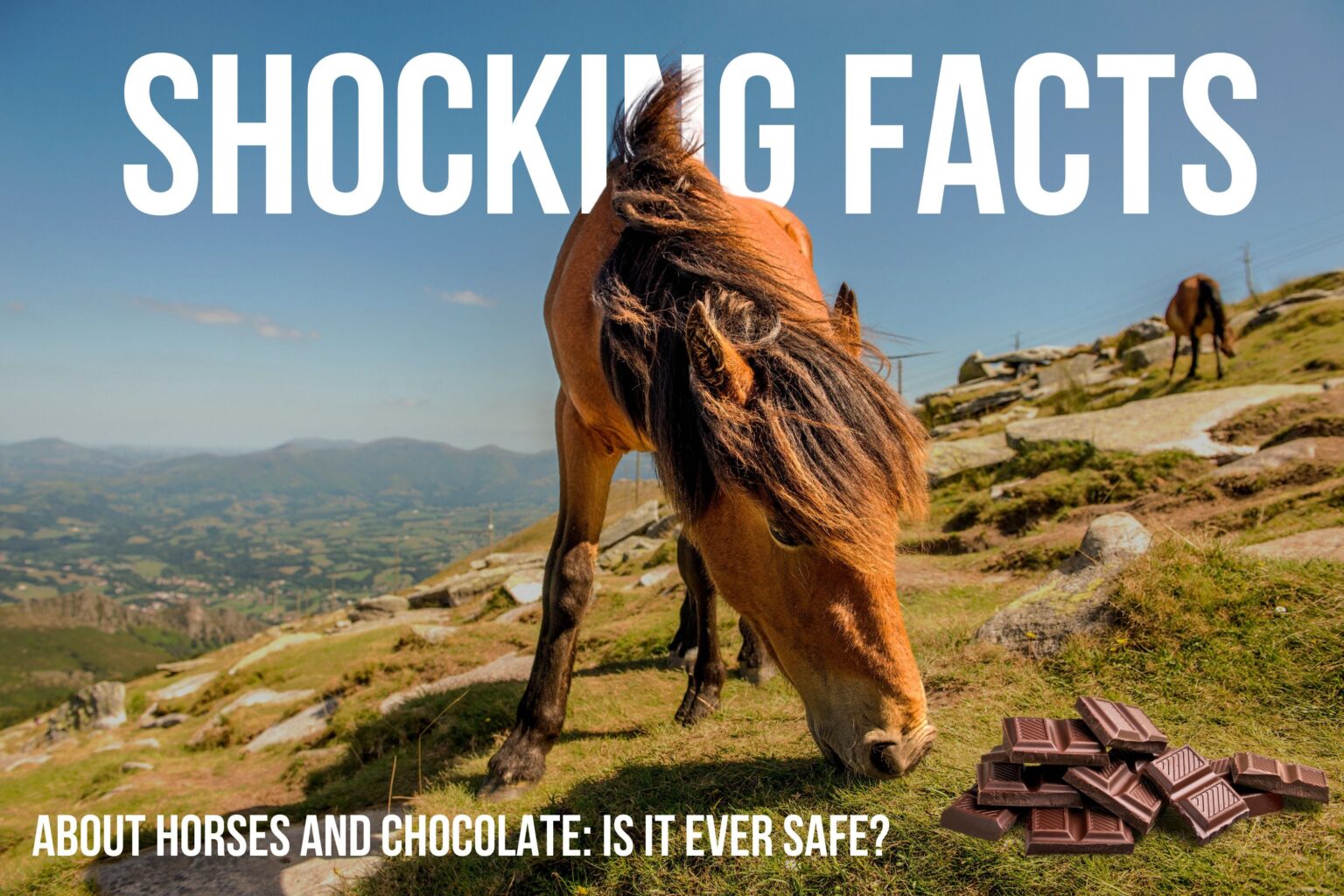
Can horses eat chocolate? An Expert Reveals the Truth
The Allure of Chocolate
Chocolate is a beloved treat for humans, often associated with indulgence, comfort, and celebration. Its rich, creamy flavor and diverse applications, from baked goods to confections, have cemented its place as a staple in many households. However, this irresistible human delight poses a significant threat to our equine companions.
The Toxic Threat of Chocolate for Horses
Chocolate contains two key ingredients that are highly toxic to horses: theobromine and caffeine. These substances are part of the methylxanthine family, which can have severe and even fatal consequences for horses if consumed in sufficient quantities.
Theobromine, in particular, is the primary concern when it comes to horses and chocolate. This compound is found in higher concentrations in darker chocolate varieties, such as baking chocolate and cocoa powder. As horses metabolize theobromine much more slowly than humans, even small amounts can quickly build up to dangerous levels in their bodies.

The Devastating Effects of Chocolate Consumption
When horses ingest chocolate, the theobromine and caffeine can lead to a range of alarming symptoms, including:
- Increased heart rate and abnormal heart rhythms
- Tremors and seizures
- Vomiting and diarrhea
- Increased urination and dehydration
- Central nervous system stimulation
- Kidney damage and failure
In severe cases, the consumption of chocolate can even prove fatal for horses, as these toxic compounds can ultimately result in cardiac arrest and death.
Dispelling the Myths: Can Horses Eat Chocolate?
Despite the well-documented dangers, there is a persistent myth that horses can safely consume small amounts of chocolate as a treat. This misconception is often fueled by images or stories of horses seemingly enjoying chocolate without any apparent ill effects.
However, the reality is that even a tiny piece of chocolate can be extremely hazardous for horses. Their unique physiology and the potent nature of theobromine and caffeine make them highly susceptible to chocolate toxicity. Any amount of chocolate, whether it’s a single M&M or a large bar, should be strictly avoided.
The Importance of Vigilance and Education
As horse owners and enthusiasts, it’s crucial that we educate ourselves and others about the dangers of chocolate. Many well-meaning individuals may inadvertently offer chocolate to horses, unaware of the potentially catastrophic consequences.
By raising awareness and sharing accurate information, we can help prevent tragic incidents and ensure the safety and well-being of our equine companions. It’s essential to establish clear guidelines and communicate the risks to anyone who may interact with horses, including family members, visitors, and even children.

Alternatives to Chocolate: Safer Treat Options
If you’re looking to spoil your horse with a special treat, there are plenty of safe and healthy alternatives to chocolate:
- Carrots: A classic and beloved horse treat, carrots are packed with vitamins and minerals.
- Apples: Another fan-favorite, apples provide a crunchy, sweet indulgence.
- Hay cubes or pellets: These provide a fiber-rich snack without the risks.
- Commercial horse treats: Many equine-specific treats are formulated to be safe and nutritious.
Remember, it’s always best to consult with your veterinarian to ensure any treats you provide are appropriate for your horse’s individual needs and dietary requirements.
Transform your space with stunning horse-themed décor that speaks to your equestrian passion! Explore our curated collections, including elegant Horse Wall Art, timeless Horse Clocks, and charming Horse Alarm Clocks. Add a touch of artistry with breathtaking Horse Paintings or create an immersive ambiance with a striking Horse Wall Mural. Don’t wait—bring the elegance and beauty of horses into your home by browsing our full Horse Decoration collection today!
Conclusion: Prioritizing Equine Health and Safety
In the end, the evidence is clear: horses and chocolate simply do not mix. The risks posed by theobromine and caffeine are simply too great to take the chance. As responsible horse owners, it’s our duty to protect our beloved equine companions from harm and to educate others about the dangers of this seemingly innocent human indulgence.
By staying vigilant, sharing accurate information, and offering safe, nutritious alternatives, we can ensure that horses can continue to thrive and enjoy their lives without the threat of chocolate toxicity. Remember, the health and well-being of our horses should always be the top priority.
Key Takeaways:
- Horses should never be given chocolate, as it contains toxic compounds like theobromine and caffeine.
- Consuming chocolate can lead to a range of severe symptoms, including cardiac issues, seizures, and even death.
- Dispel the myth that small amounts of chocolate are safe for horses – even a tiny piece can be dangerous.
- Educate yourself and others about the risks, and provide safe, healthy treat options instead.
- Consult your veterinarian to ensure any treats you offer are appropriate for your horse’s individual needs.
Frequently Asked Questions:
1. Can horses eat chocolate? No, horses should never be given chocolate, as it contains toxic compounds like theobromine and caffeine that can be fatal to them.
2. What happens if a horse eats chocolate? If a horse consumes chocolate, it can experience a range of severe symptoms, including increased heart rate, tremors, seizures, vomiting, diarrhea, and kidney damage – which can ultimately lead to cardiac arrest and death.
3. How much chocolate can a horse have? Horses should not be given any amount of chocolate, as even a small piece can be incredibly dangerous and potentially life-threatening.
4. What are the signs of chocolate toxicity in horses? Signs of chocolate toxicity in horses include increased heart rate, abnormal heart rhythms, tremors, seizures, vomiting, diarrhea, increased urination, and central nervous system stimulation.
5. What can I give my horse instead of chocolate? Safe and healthy treat options for horses include carrots, apples, hay cubes or pellets, and commercial horse treats formulated specifically for equine consumption.
